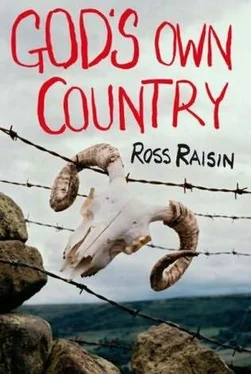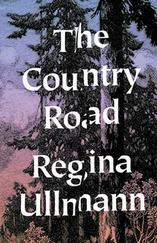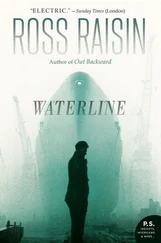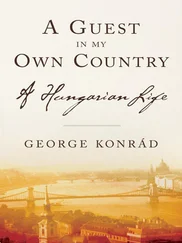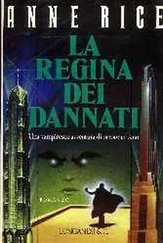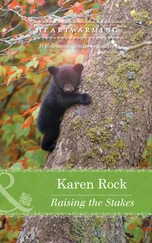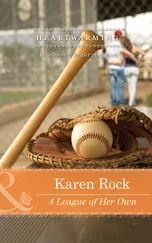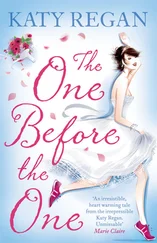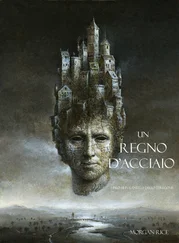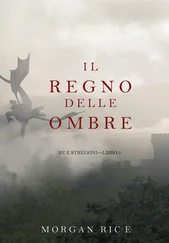She was still on about the lambs and I was so flowtered listening she near escaped me, breaking sudden into a run as I noticed there were people up ahead. I caught hold her arm and pulled her toward me, she shouted the start of something so I clamped a hand quick over her mouth and pushed her to the ground, dropping down aside her. They fortunate hadn’t marked us, they were too far off, facing otherways, bent down examining the heather. I took my hand off her mouth, but she started to shout again so I quieted her up, I had to be firm. She couldn’t free herself with her hands tied behind her, but that wasn’t going to stop her struggling, I had to keep my hand pressed hard on her back, she was squirming like a fresh-caught fish. They were studying the heather, they must’ve seen a rabbit, or a grouse, they were looking where it’d gone. They gave up before long, walking off away from us, and it wasn’t until I glegged the four-by-four with its yellow and blue squares that I understood it wasn’t ramblers, it was police. I clamped tighter over her mouth, my palm hot and sluthery with spittle as I watched them get in the vehicle and drive off east along a bridleway, the direction of Goathland, and Garside. Gawbys. We’d have no trouble keeping hid, if they thought we were around them places still.
It was late afternoon by the time we reached the Hole. It’d been slow going, as she kept needing to stop and rest and I didn’t want to risk getting her twined by hurrying her. We halted up at the lip of the Hole and viewed out over it. Even she must’ve been impressed, a sight like that. It was shaped in a bowl, like a giant football stadium, the great sloping sides coloured different either end. The Gorse against the Bracken. The south-facing half was a semicircle of bright yellow, still blaring in the afternoon sun; the other half was in shade, grim brown with smears of green. We made our way toward the bracken end, and I undid her hands so she could step easier down the steep bank. I didn’t need to worry, for she was too tired to try codding me. She went down before me slipping and stumbling, gripping hold the stiff stalks of the bracken to balance herself. It reached thick up to our chests, blocking sight of the ground so we couldn’t tell where we were stepping. I kept us moving toward a crag of rock halfway down, the bracken thinning, growing through the cracks of stones and boulders. We settled usselves in the gap between two mighty stones, where it was wide enough she could lie down to sleep while I sat keeping watch, busying myself cutting another strap off my rucksack with a sharp piece of rock. When I’d done, I stored the bags together in the gap and moved quiet off the stone for a walk down the bottom. There was a pool of water I washed my face in, checking regular uphill there wasn’t a ruffle in the bracken and a small, escaping body. She was asleep when I got back, her eyes were shut anyhow, but I could see my bag had been shifted, and when I looked in later I was gradely pleased marking she’d drank some water and ate a sarnie.
♦
The moon was half showing, yellowish, and her skin glowed pale and cold in its weak light. She didn’t look uncomfortable, mind, her lips and her eyelids closed soft. She always slept peaceable like that. I sat silent, watching, while the Moors whispered and rustled and sighed above us, and I thought, what the bugger was it so noisy for, it was the middle of the bleeding night?
♦
It was black when I woke her, the moon clouded over. She didn’t look much pleased about it, her eyes two reluctant slits and the skin underneath all crozzled with drowsiness. Time to go, I said, getting the straps ready.
We made steady progress over the open moor, no matter I was carrying both bags and I only had a dim-shaped idea of the route. I looked behind at her. She had her eyes down toward her hands, tied in front her body now. I’d made a leash and attached it on to her, and I thought she might’ve took badly to it, but she wasn’t playing up, she was keeping a decent pace, it was only a few times the strap pulled taut, and then I just had to give a couple of tugs and she sped up. She had her strength back, certain, after eating something. I felt easier now — we’d be in Whitby by morning if we kept like this. Everything was fettling up like I’d hoped, and I thought, right, what can we talk about, I’m mooded for a good old natter. I couldn’t find the proper-fitting subject, mind, so we trod on, silent.
We were on the right path, because I could see the great walls of the military installation at Fylingdales off one side, two red dots marking the radar discs. What did they think — there was going to be a war? The Battle of the Farmers and the Off-comed-ones. Colonel, come quickly, I’ve picked up something on the radar, it appears to be advancing this way. I think it’s the onslaught of the giant tomatoes. A short way on from there, a dull shape came into view ahead, upright, still, man-sized. We paused up and waited to see what it would do. She was sudden all nerves, I could hear the slight shaking in her breath. I tried to take hold her hand but she moved away. Whatever it was, it was alone, I was sure, I’d looked all round but there was nothing else except for this bleary shape in front. We couldn’t wait there all night, so we moved forward, slow and watchful. And did we laugh when we saw what it was? We near fell over usselves, we’d been that daft, worrying it was a policeman or the like. It was a tumulus stone. I should’ve known when it didn’t shift for five minutes — we’d reached Lila’s Cross. A fair old time we’d have been, waiting for that to move, it’d been there a thousand years already, seven foot tall and rooted in the ground straight-backed as a Barwick maypole.
Then it came to me, here was a subject we could talk about, and I explained her the whole history of the cross — how the minister Lila took an arrow in the eye for his master, King Edwin, and Edwin had been so heart-sluffened at his death he buried him under the very spot, his flesh by now passed into the turf, the worms sheltering in his bones.
I was fain pleased at myself, remembering the story, and I told her about a couple of others — Ralph’s Cross; the Bride Stones — near enough reading them off my memory from years before when Mrs Pocklington had gave us the lesson of the history of the Moors and the Angles and the Vikings, and I’d been glued to my seat hearing it. I dropped back level with her, smiling, and looked at her face. She seemed she was crying again — she was all puffy-eyed, and I tried to touch her cheek to wipe off the dampness, but she wouldn’t let me. She was near undone with tiredness.
And here’s the best story of all, I said, but she wasn’t going to look at me. The Fat Betty — do you know what that is? Not a pub, not rightly. It’s a mighty great stone on the Moors. I fancy them lot in town don’t know that, eh? The story goes, there was a farmer round these parts whose wife was named Fat Betty, owing to her size. The two of them had been to market one day, and the farmer was riding their horse and cart back home that night, through a thick fog, Betty sat in the cart with all the goods they’d bought, and the ones they couldn’t sell, when Betty fell out. Problem was, the farmer didn’t mark she’d gone until he got home and looked in the cart. He went straight back looking for her, searching all along the track they’d come, but she wasn’t anyplace to be sighted. She was lost to the Moors — no one ever saw her again. But the queer thing was, along the track, halfway across, a lumping great white stone had appeared. No person knew what it was, or where it came from, except that it’d never been there before that night.
She’d lost interest, though, digging her heels refusing to move, but the walk had sapped her and I hauled her onward. Nothing like a story to pass the time on a journey. The Tumulus Tales. Forty-odd burial stones stood on the Moors, and each its story. I told her all the ones I knew, guiding her through the dark a couple of steps behind, pulling her along like a dog on a lead. We were like Herriot and his faithful companion, come by, there’s a good lass, now, I’ve a warm fire and a plate of liver for you when we get home, how does that sound?
Читать дальше
